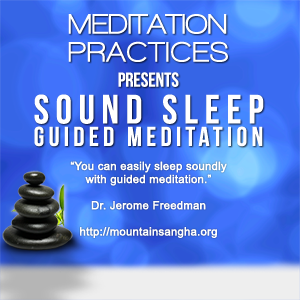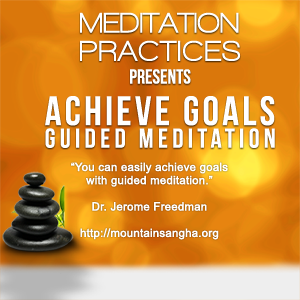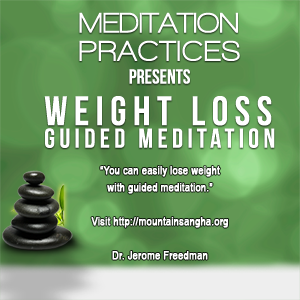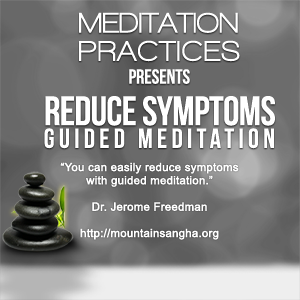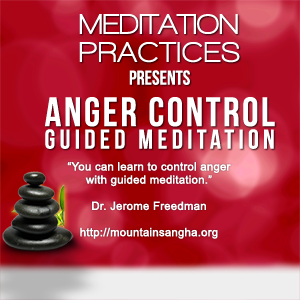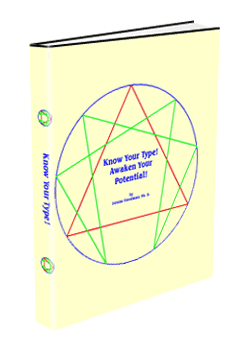The problem of consciousness is probably the most difficult problem in biology, physics, and mathematics today.
This video features Dr. Christof Koch, a professor of biology and engineering at Caltech and author of Consciousness: Confessions of a Romantic Reductionist. He is also the Chief Scientific Officer for the Allen Institute for Brain Science in Seattle, Washington.
He talks about the what is known about the neurobiology of consciousness, describes his ongoing experiments in the field, outlines the limits to our knowledge about consciousness, and the difficulties that we face in trying to construct a sentient machine.
Dr. Koch makes a very interesting distinction between the content of consciousness and the states of consciousness.
As far as a theory of consciousness, Dr. Koch likes what Giulio Tononi has developed over the past many years. The theory is based on two axioms:
- Information – There is a huge repertoire of possible conscious states, so each state is highly informative when it occurs
- Integration – Consciousness is unitary and cannot be subdivided into components that can be experienced independently
These axioms are inline with the teachings of the Buddha from what little I know about Buddhist psychology from the Abhidharma.
The video was provided to my by my dharma brother, Bhikkhu Samahita. Here is what he said about this video:
Consciousness is recognized as probably the most hard problem of today’s science.
It cannot be reduced to swirling atoms or neuronal blips or even ever seen in any microscope or scanning. It exposes a problematic and maybe even embarrassing epistemological gap between physics and philosophy. It seems to be contained in the brain, but not produced by the brain, just as the beer is contained in the bottle, but not produced by the bottle… It holds the key to understanding the nature of core phenomena like reality versus dreams, self-deception and projection.
— Bhikkhu Samahita
The Biology and Mathematics of Consciousness
I watched the whole lecture except for the questions from the audience. I was on the lookout for a discussion of “higher” states of consciousness, but the field is so complex that even simple states cannot be adequately described.
My theory suggests that higher states of consciousness can be thought of in terms of a huge number of neurons in an excited state giving rise to feelings of joy, euphoria, bliss, extreme happiness, and a sense of interbeing when they coherently fire together under appropriate conditions. Coherent firing together of atoms gives rise to what we know as a laser.
What are your thoughts about the problem of consciousness? Please share.




